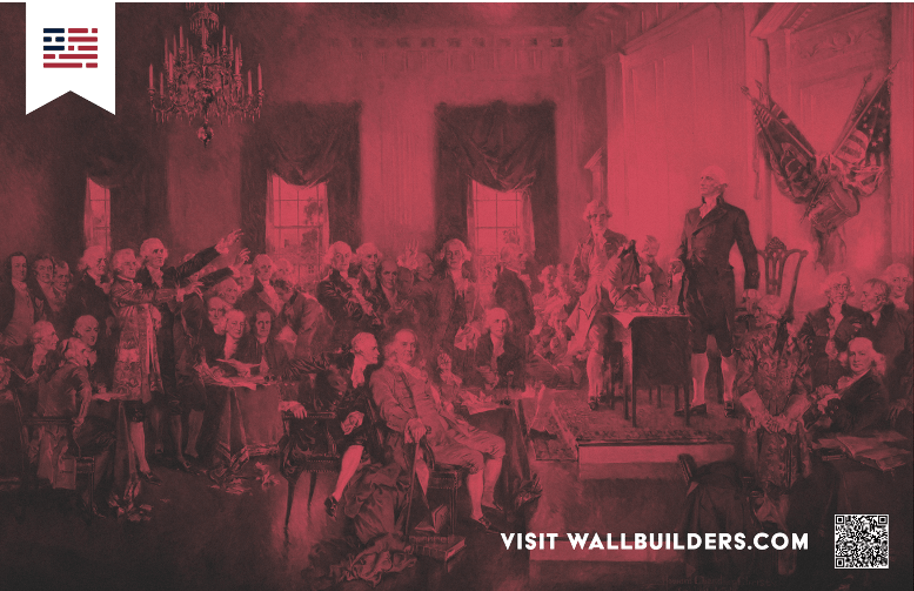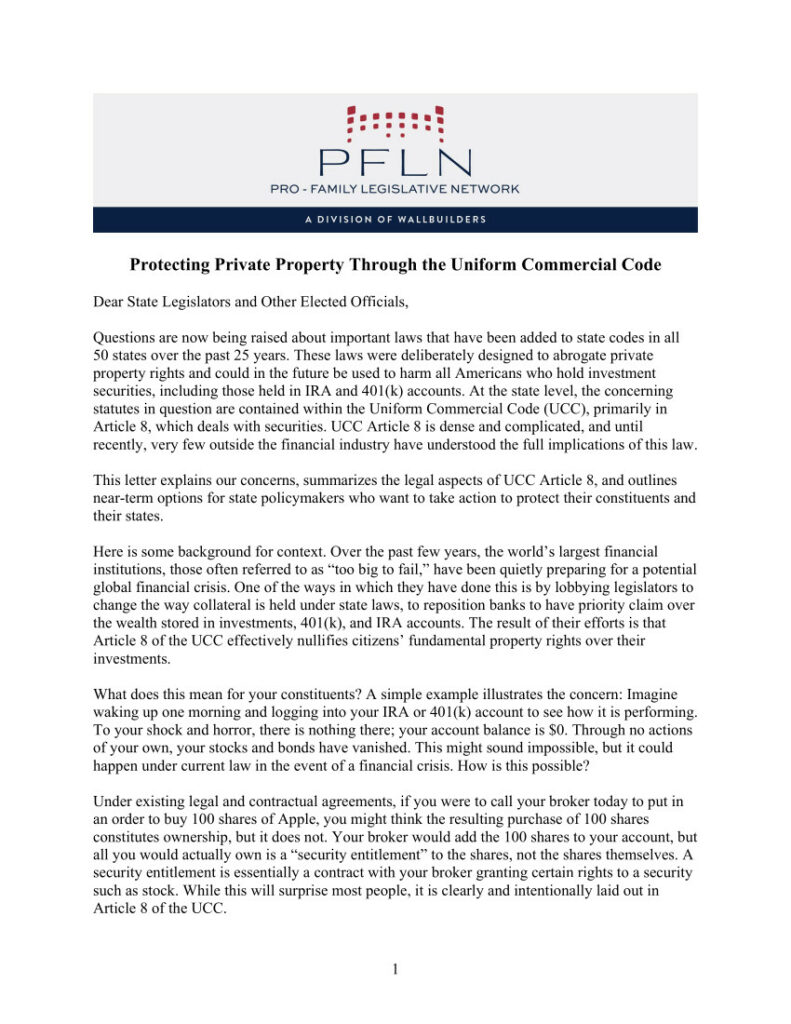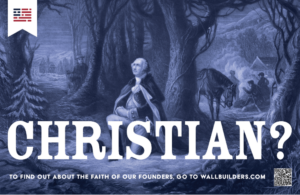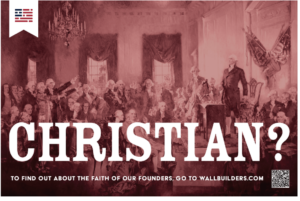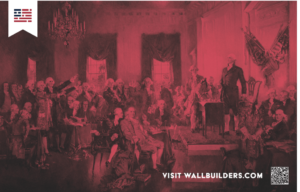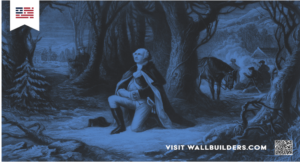So, you want to take a deeper dive into an historical period, event or person. Or maybe you’ve been assigned to write a history paper for a class. In this age of abundant information even knowing where to start can be intimidating. What is true? What information can you trust? The following guidelines will help you choose the best sources and understand the benefits and potential pitfalls of each kind.
Primary
Definition A primary source is an account from someone either personally involved in an event or a witness to it, or in some way was personally acquainted with the subject. These may include first-person or eyewitness accounts like letters, essays, journals, and autobiographies. The report of a Civil War battle by an officer who fought in it would be a primary source.
Pros It’s firsthand knowledge. Primary sources will provide the truest sense of character and historical context since the author is living in the same time and environment.
Cons An author who is too close to the subject might lose some objectivity because he is emotionally colored by his personal connection. This is the case with Seward’s Life of John Quincy Adams which is a wonderful read. But because of his well-deserved admiration for Adams, Seward tends to embellish conversations and events.
Contemporary Secondary
Definition Contemporary secondary sources are items such as newspaper reports or letters from people who might not have been firsthand witnesses but nevertheless, were aware of the subject.
Pros These types of sources help provide corroboration for primary sources and also give context to the time period. For example, Bancroft’s History of the United States relies on various accounts of the same event from different sources to round out a more complete history.
Cons There may be a reliance on hearsay. Hearsay is not permissible as legal evidence and should not be relied on alone for historical narrative.
Bias and agendas have always existed. Much of what is currently wrongly believed about Thomas Jefferson’s religion and morality, is the direct result of newspaper articles printed by Federalist leaning publications that wanted to discredit him during the 1800 presidential election.1
Academic Modern
Definition Academic modern sources would include later books and journal articles by historians who have specialized in a particular subject. These works should only be referenced if they include thorough notes to primary sources, and you have researched the authors.
Pros Materials may have been discovered and/or are accessible now that haven’t been for earlier publications. For example, a biography about famous British naval captain, Edward Pellew, written one hundred years after his death, included letters from a chest full of his papers that were discovered with an acquaintance years after his contemporary biography had been written. The inclusion of these additional primary documents gave a fuller picture of his life and character.
Later sources also provide a retrospective view of an event, after the consequences are evident. For example, the popular reaction to the Missouri Compromise while it was being debated and passed, was broad dismay by Founding Fathers like Thomas Jefferson who thought it signaled the death of the Union. His opinion eventually cooled, taking a more hopeful, wait-and-see attitude. Looking back from two hundred years later, history has proven his first response was in fact, accurate.
Theodore Roosevelt’s The Naval War of 1812 is another example of a later work proving helpful. Written almost a century after the war, he compares and contrasts earlier narratives, pointing out the inaccuracies of both the British and the American historians, and the bias of the authors, whose patriotic zeal sometimes colored their accounts.
Cons Judgements made are necessarily subjective.
Online Sources
Definition Online sources include digital articles and content from anyone and everyone. Note: many primary and secondary sources are available in digital format online now. Here, we are distinguishing other online content from those source types mentioned above.
Pros Accessibility! Web articles may sometimes provide quick references to names and dates, and subject summaries to launch your research. It is almost never well documented, if at all.
Cons Online content can create circular referencing for which there is no true source. It is easy to find yourself on a merry-go-round of one site quoting another site, quoting another site—none of which is actually backed by primary sources. Example: several websites referenced a 1916 executive order by President Woodrow Wilson requiring the Star-Spangled Banner be played at all military ceremonies.2 Further research revealed that the websites just quoted one another. The order did not appear in any archives and even the Woodrow Wilson Presidential Library was unable to confirm that it existed.
Digital sources can disappear even with archival tools such as the Wayback Machine. Always save images or pdfs of your digital sources.
Digital content can also be subtly changed and manipulated without an obvious record. This is known as stealth editing. Publications will regularly change online headlines or portions of their articles without issuing formal retractions or corrections. And online dictionaries will change or update the meanings of words to fit a current narrative, rather than providing a true standard of usage.
Bonus Tips
What do you do with sources that conflict? Go with the earlier or primary source, except in the few exceptions given above.
More is better. Look for confirmation among sources as long as they aren’t just citing one another.
Notes don’t necessarily mean authoritative – Wikipedia is “footnoted” but almost never to a primary source.
Happy hunting! (See our other “How to Research” articles here.)
Endnotes
1 For examples of these character attacks, see David Barton, The Jefferson Lies (Aledo, TX: WallBuilder Press, 2012) and Barton: The American Story: Building the Republic (2024), 118.
2 See, for example, “1931 ‘The Star-Spangled Banner’ becomes the Official National Anthem,” This Day in History, History.com, updated March 2, 2021; Andrew Glass, “‘Star-Spangled Banner’ becomes U.S. national anthem, March 3, 1931,” Politico, March 03, 2018.
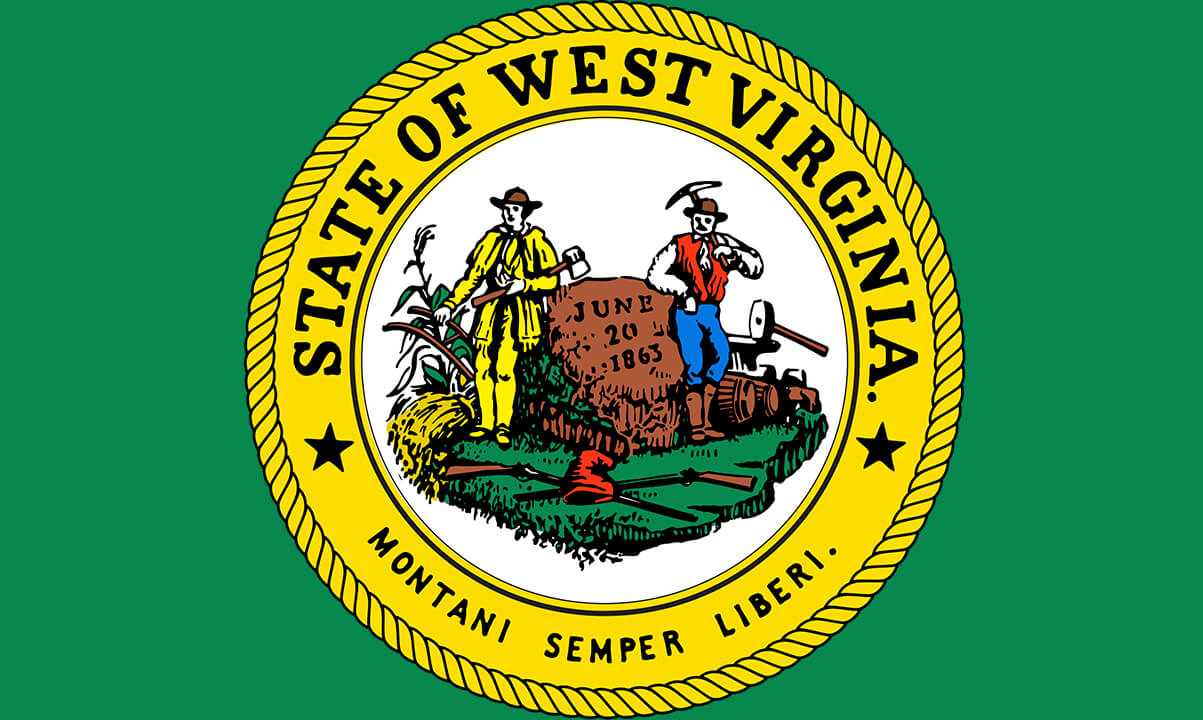
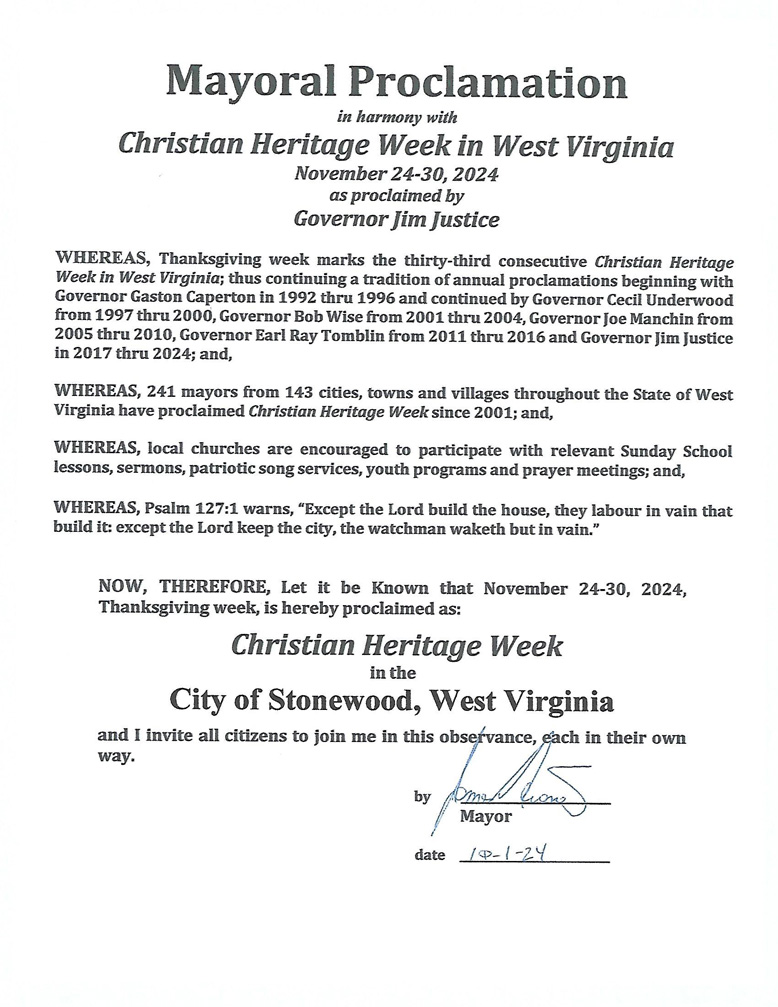
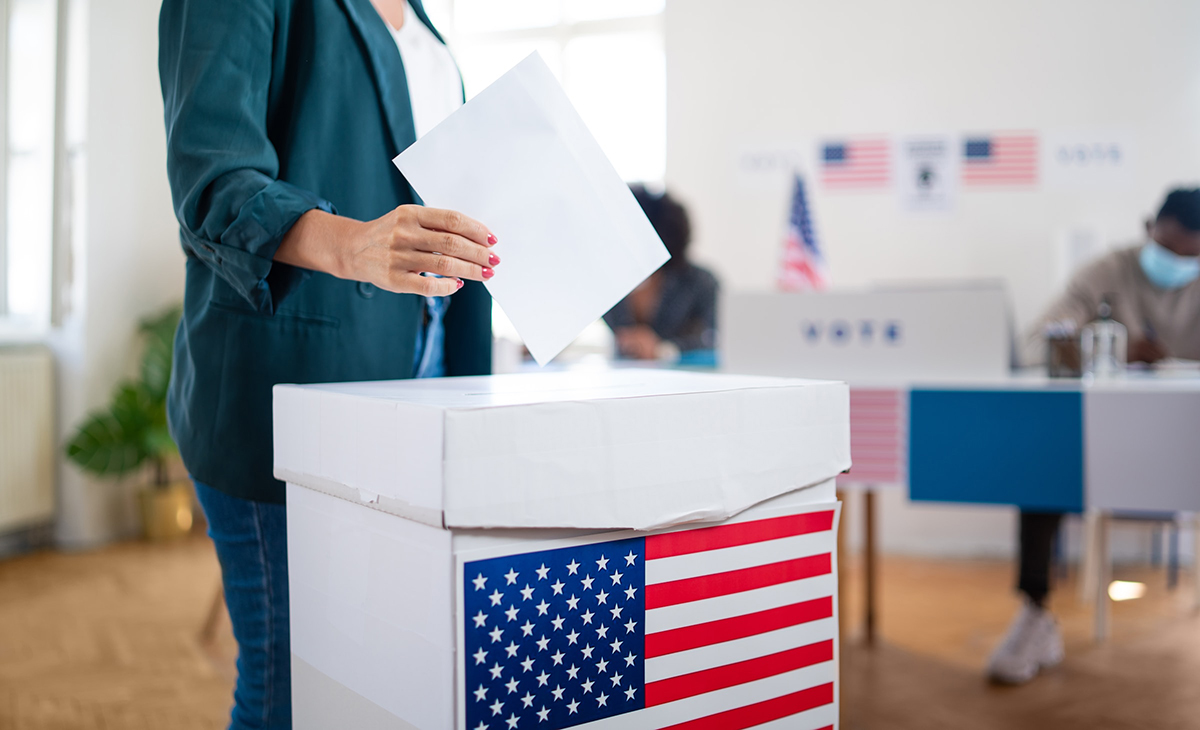











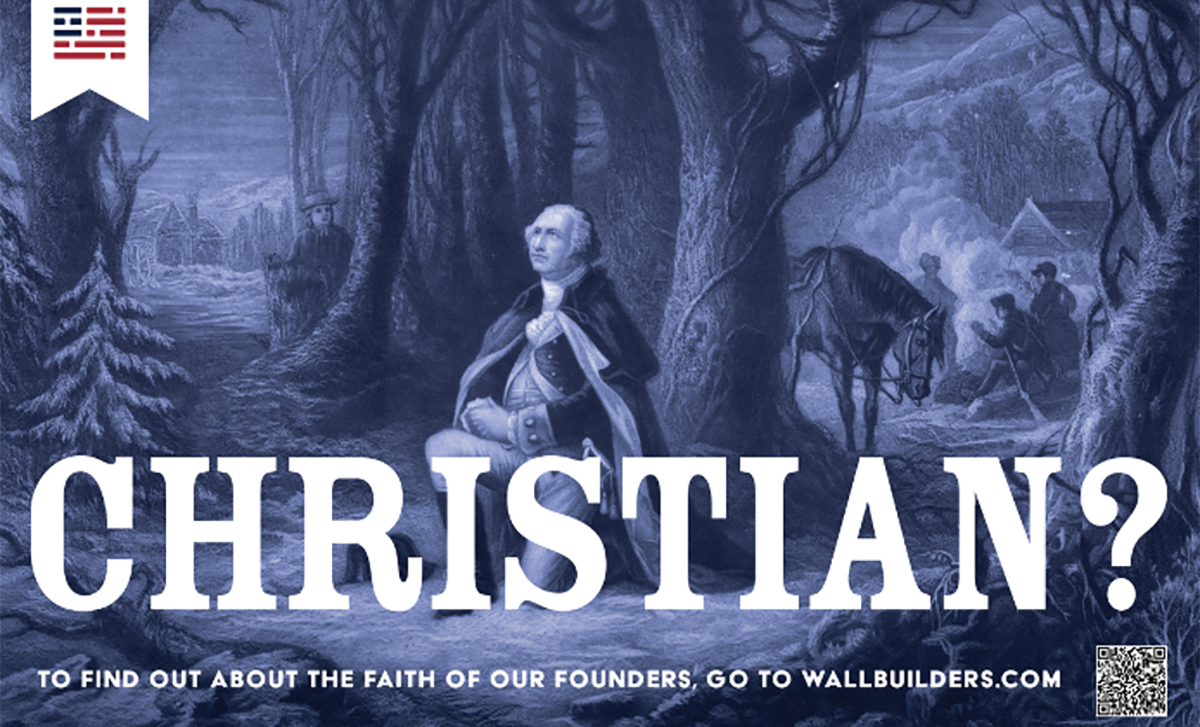
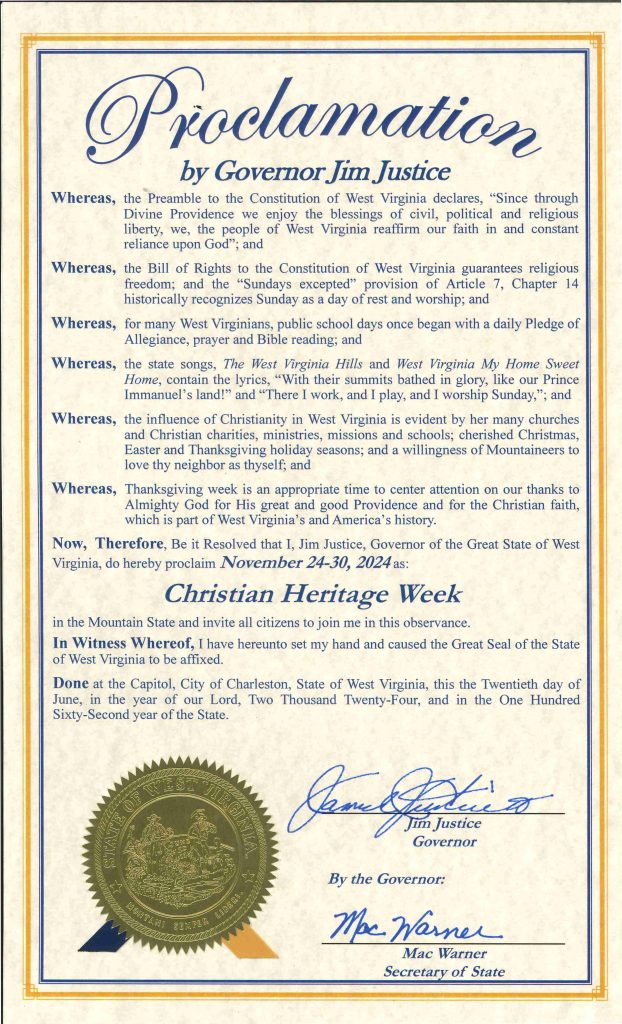

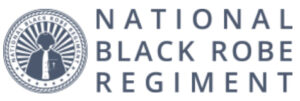
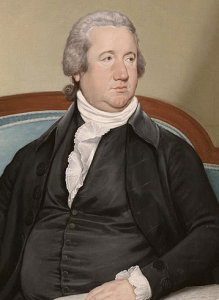
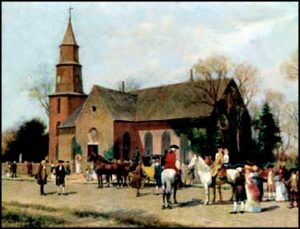
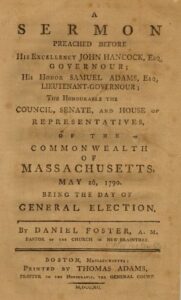 These sermons were preached to government officials at the state capitol upon the annual opening of the legislature
These sermons were preached to government officials at the state capitol upon the annual opening of the legislature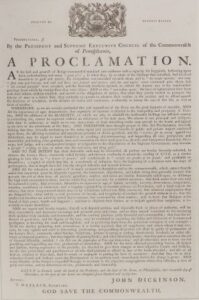 The American practice of calling days of fasting or thanksgiving was so strong that by 1815, civil governments had issued at least 1,400 official prayer proclamations. Thousands more have been issued since that time—a tradition that now spans more than four centuries of the American Story, and one that continues to the present day since a 1952 federal law requires that every president issue a prayer proclamation on the National Day of Prayer, commemorated the first Thursday of every May, and observed by every president since Dwight D. Eisenhower.
The American practice of calling days of fasting or thanksgiving was so strong that by 1815, civil governments had issued at least 1,400 official prayer proclamations. Thousands more have been issued since that time—a tradition that now spans more than four centuries of the American Story, and one that continues to the present day since a 1952 federal law requires that every president issue a prayer proclamation on the National Day of Prayer, commemorated the first Thursday of every May, and observed by every president since Dwight D. Eisenhower.
